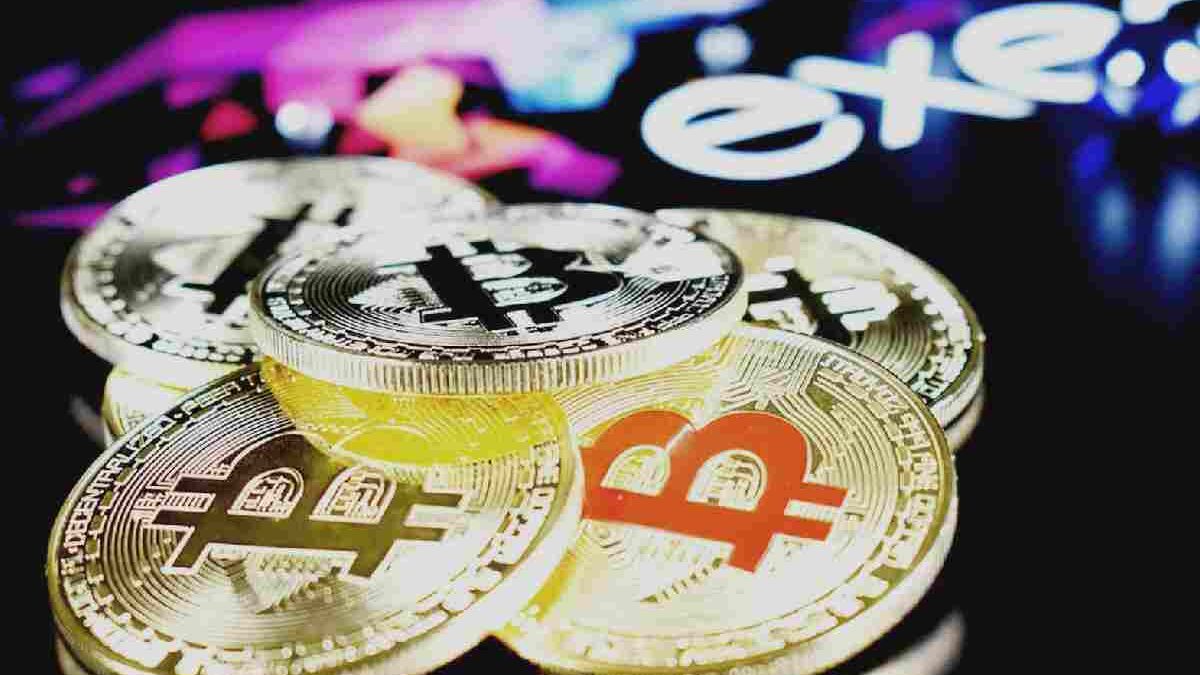can cryptocurrencies and blockchain help fight corruption – In an interview, Dragan Boscovic, founder and director of the Blockchain Research Lab at Arizona State University (ASU), affirms that being based on the blockchain can benefit transparency.
- BANXICO, the SHCP and the CNBV warned citizens that, currently, financial institutions do not offer operations with cryptocurrencies
The government of Nayib Bukele led El Salvador to be, since June, the first country in the world to convert bitcoin into a currency for legal use. However, in this regard, Dragan Boscovic, founder and director of the Blockchain Research Lab at Arizona State University (ASU), comments that the use of cryptocurrencies, thanks to the characteristics of blockchain technology, can help fight corruption and make the use of public resources.
The decision of the Bukele government was not viewed favourably throughout the world. It was even criticized by citizens, business people, economists and institutions, including the World Bank (WB) and the International Monetary Fund (IMF), which warned that implementing bitcoin could lead to legal and economic problems.
What are cryptocurrencies? Benefits and problems
To understand the possible problems and benefits of using Bitcoin, Dragan Boscovic explains how blockchain technology is made up.
You may also like
“It is a technology-based solution. It consists of interconnected and geographically dispersed computers that simultaneously collaborate and compete to record information such as a user’s digital identity, asset ownership, and asset transfers between users to make it difficult for anyone to change, hack, or cheat the system.
The Arizona State University expert also clarifies that cryptocurrency is a native application for many blockchain solutions and records transaction balances in an associated digital ledger.
“With the right digital forensics tools, it is relatively easy to link a specific person to their identity”.
Dragan Boscovic, Founder and Director of the Blockchain Research Lab at Arizona State University
Anonymous cryptocurrencies? False!
Boscovic indicates that all cryptocurrency transactions are verified and immutably recorded.
“Which makes blockchain-based solutions suitable for fighting corruption,” he says.
They were questioned about the reputation of cryptocurrencies that indicates that they are “anonymous” and therefore difficult to trace, Dragan Boscovic details that blockchain technology records all the digital identities of the parties involved in a particular transaction. However, he comments that a blockchain user can have one or more digital identities on a given blockchain and that the “anonymity” comes from the fact that these digital identities do not directly link a physical user to a government-issued ID.
“However, blockchain is a rich source of digital information. With the right digital forensic tools, it is relatively easy to link a specific person to their digital identity used to carry out transactions on the blockchain”, warns the expert.
Another aspect that worries detractors of cryptocurrencies security since these digital means of exchange usually linked to online crimes.
“Like all other technologies, criminals can also use cryptocurrencies. Moreover, the easy cross-border and almost instantaneous transfer of cryptocurrency assets are the key attributes criminal groups like and exploit,” accepts the ASU expert.
However, Boscovic insists that all cryptocurrency transactions recorded digitally.
“And criminal groups are wrong to think that the use of cryptocurrencies better protects their illegal activities; If anything, their use of cryptocurrency will only help law enforcement agencies gain more accurate visibility into their activities,” he says.
can cryptocurrencies and blockchain help fight corruption
The academic adds that forensic tools for blockchain and cryptocurrency analysis are based on the fact that it is relatively easy to track and interpret the flow of digital assets and money on the blockchain.
“Court records reveal that investigators can trace cryptocurrency transactions to a particular digital wallet ( wallet ), linking the digital identity to a natural person who owns the wallet. By establishing the link between the two identities, the authorities can access that wallet using a ‘private key’ or ‘password’, details the Center for Assured and Scalable Data Engineering director.
The methods to link digital identity and natural persons implement advanced data analytics and artificial intelligence techniques.
“These techniques allowed the FBI to intercept the recent ransom payment to cyber attackers at the Colonial Pipeline in the United States,” it says.
The ASU professor’s reference to an operation in which FBI investigators recovered $2.3 million in bitcoins that had paid as ransom to a criminal group that had accessed the computer networks of the Colonial Pipeline, the world’s most extensive oil pipeline system. for refined petroleum products in the United States.
Will El Salvador force the rest of the world to accept bitcoin?
Dragan Boscovic advances that since El Salvador adopted bitcoin as legal currency, as of September of this year, all companies established in that country must treat the cryptocurrency and the US dollar equally, which adopted as legal currency in 2001.
“Now that Bitcoin is the legal tender in a sovereign nation, it is necessary to make certain adjustments internally and internationally. In addition, it is possible that international monetary organizations can adapt to these new circumstances,” he says.
Boscovic comments that according to World Bank rules, El Salvador’s legislation on cryptocurrency could force the international financial organization to accept bitcoin in the future, opening the door for other nations to choose the cryptocurrency as legal tender.
And the cryptocurrencies in Mexico?
At the finish of June, the Bank of Mexico (BANXICO), the Ministry of Finance and Public Credit (SHCP) and the National Banking and Securities Commission (CNBV) issued a joint statement in which they warned citizens that Currently, financial institutions not authorized to enter into or offer cryptocurrency transactions to the public.
This includes deposits or any form of custody, as well as exchange or transmission, so financial institutions can only carry out internal operations with virtual assets with the authorization of BANXICO.

